
Parenting is the ultimate reality check. One second, you're overflowing with love. The next? You’re questioning every damn decision you’ve ever made. And the hardest part? No one really talks about the messy, unfiltered truth: that sometimes, one of your kids just feels harder to love.
Let’s go there. Let’s talk about why this happens, how your own past plays into it, and what to do when you’re struggling to connect with your child.
The Bias You Don’t See (But Your Kids Feel)
Here’s a gut-punch truth: You don’t see your kids as they are—you see them through the filter of your own baggage.
Psychologists call it Fundamental Attribution Error—a fancy way of saying we blame situations when we mess up but blame personality when others do. If you’ve ever thought, “My kid is so difficult” but excused your own bad mood with “I’m just exhausted”, congrats! You’ve met this bias before.
Now, mix that with childhood wounds you haven’t fully healed, and suddenly, one kid feels harder than the other. Not because they actually are—but because they push buttons you didn’t even know you had.
Reflect: Next time your child’s behavior triggers you, pause and ask: Am I reacting to them… or to something deeper within me?
Why One Kid Feels Harder Than Another
I once read a post from a mom who admitted she preferred her son over her daughter. She said her daughter was just harder.
If that stung a little… stay with me.
You’re not a bad parent for struggling to connect with one of your kids. But you are responsible for what you do about it.
A child who feels harder usually has different needs:
- They’re emotionally intense.
- Their energy drains yours.
- They remind you of parts of yourself you’d rather not face.
Instead of labeling them as difficult, try looking deeper.
Steps to Shift Your Perspective:
✅ Observe without judgment. What’s their behavior really telling you?
✅ Reframe the narrative. Instead of “They’re so stubborn,” try “They’re showing me where I need patience.”
✅ Separate behavior from identity. Your kid isn’t bad. They’re learning to regulate emotions—just like you.
Why Some Kids Overwhelm You More Than Others
If you grew up being told you were “too much,” “too loud,” or “too sensitive,” chances are, you now have a kid with those same traits. And it’s hard. Not because they’re bad—but because your nervous system doesn’t feel safe when they’re dysregulated.
Here’s What Happens in Your Brain:
- Fight Mode: You snap. You overcorrect. You just want them to stop.
- Flight Mode: You shut down. Scroll your phone. Emotionally check out.
- Freeze Mode: You feel helpless. Stuck. Like you’re failing.
What You Can Do:
- Pause before reacting. Breathe. Remind yourself: I am safe. My child is safe.
- Move your body. Shake it out, stretch, go for a walk—get that energy out.
- Shift your perspective. Instead of “They’re overwhelming me”, try “They need connection.”
What If You Just Don’t Like Your Kid Sometimes?
Let’s sit in this discomfort for a second. What if you just… don’t like them right now?
First: Welcome to being human. Love is unconditional. Like is situational.
But if this feeling sticks around, ask yourself:
- Is this a personality clash?
- Are they pressing an old wound?
- Are they not meeting an expectation I need to release?
Small Ways to Reconnect:
✔ Find one thing to appreciate daily. Not big stuff—the way they hum when they play, how they scrunch their nose when they laugh.
✔ Have a “yes” day. Let them lead. Drop control. See where it takes you.
✔ Own your part. If you’ve been short, distant, or harsh—say it. Apologizing models what emotional safety actually looks like.
Grace: Acting With It vs. Giving It
A big part of breaking cycles? Understanding the difference between behaving with grace and giving grace.
- Behaving with grace = Responding with patience, kindness, and self-control—even when triggered.
- Giving grace = Forgiving yourself and others when things aren’t perfect.
The Balance Between the Two:
- Behaving with grace = Taking a deep breath instead of snapping.
- Giving grace = Forgiving yourself when you lose your temper.
The more you extend grace, the easier it is to embody it. And the more you embody it, the more your kids will too.
You’re Not Failing. You’re Learning.
Parenting isn’t about getting it “right.” It’s about growing.
It will be messy.
You will have days you feel like you’re screwing it all up.
But the fact that you’re even thinking about this? That means you’re doing the work. And that matters.



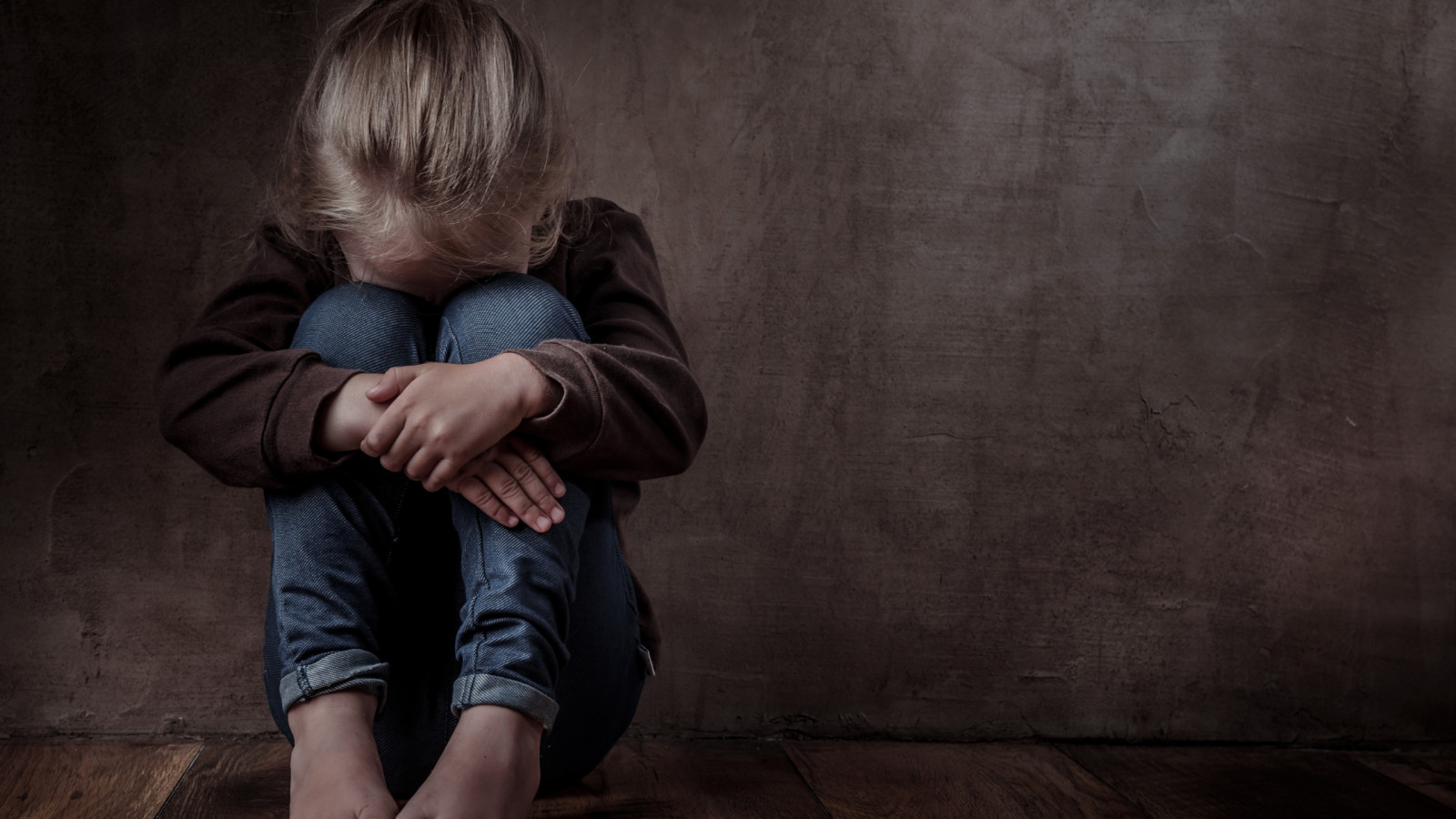
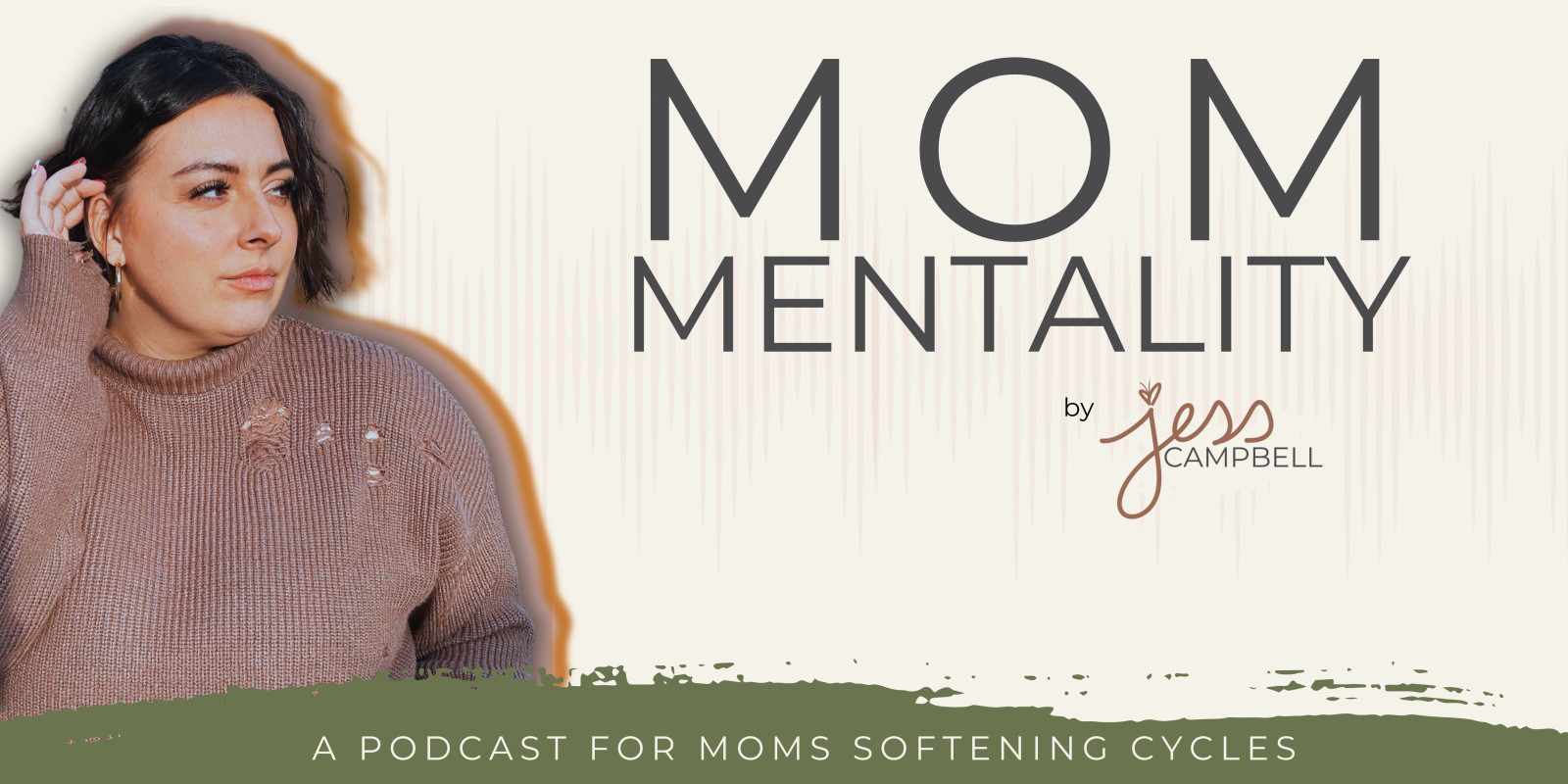






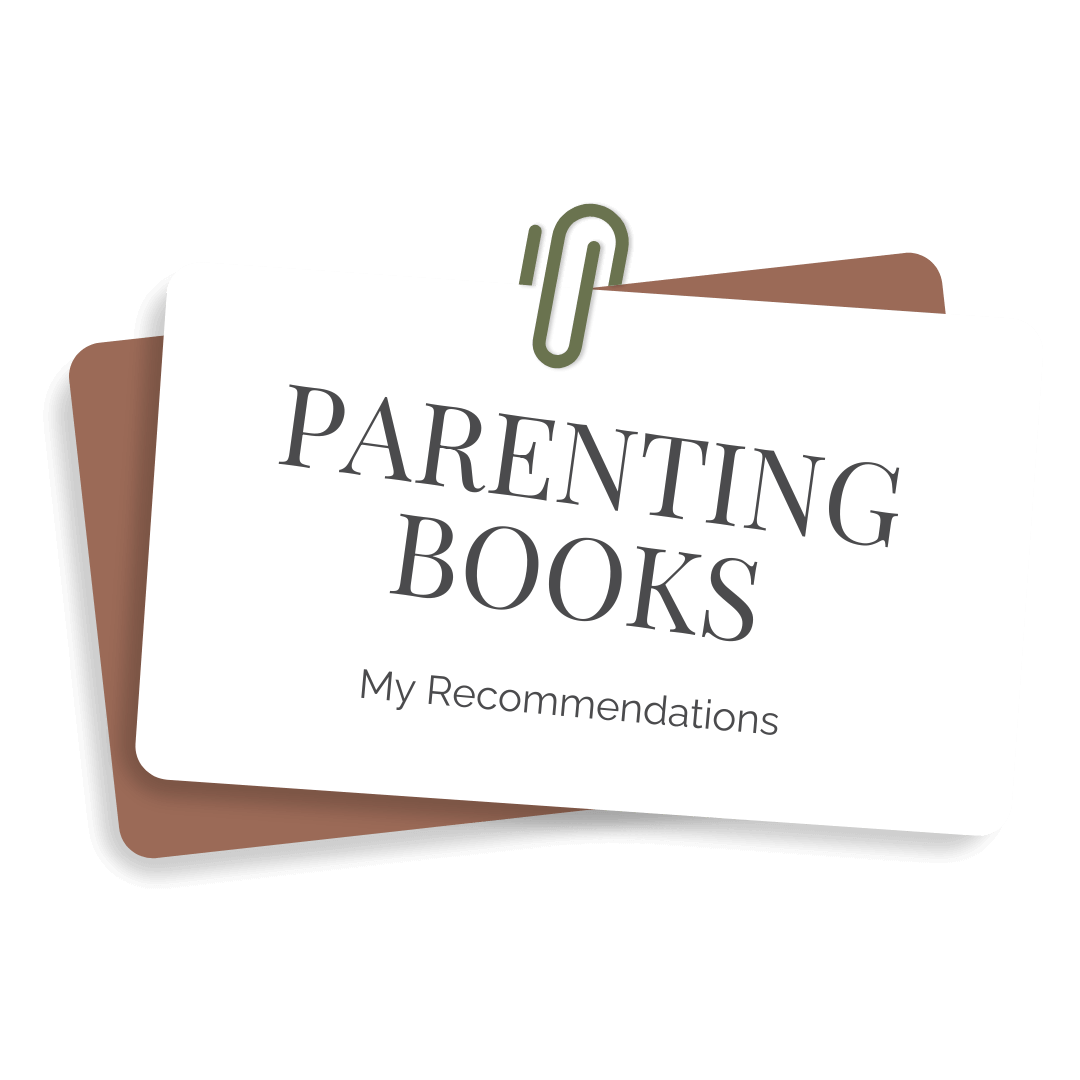


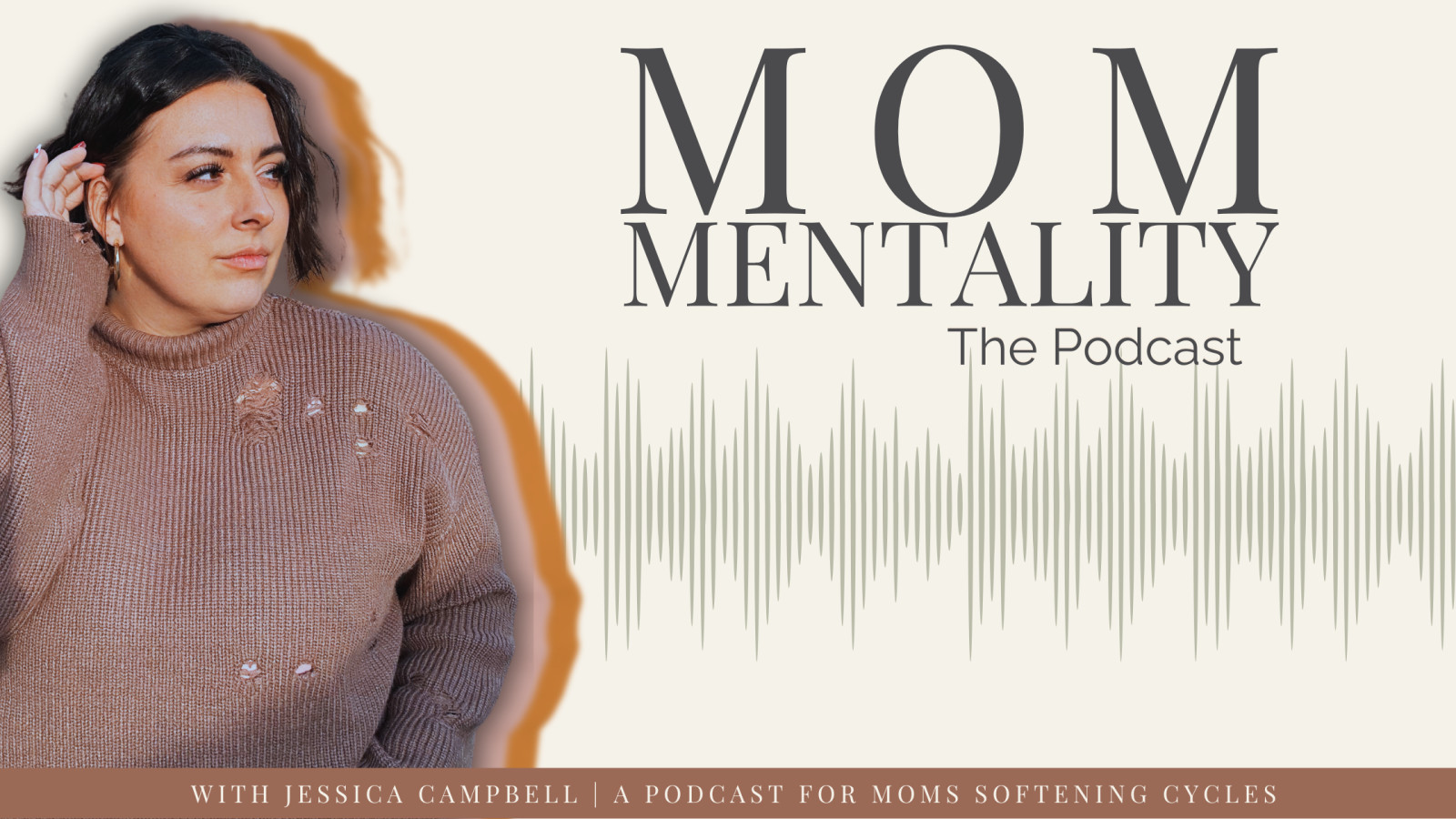

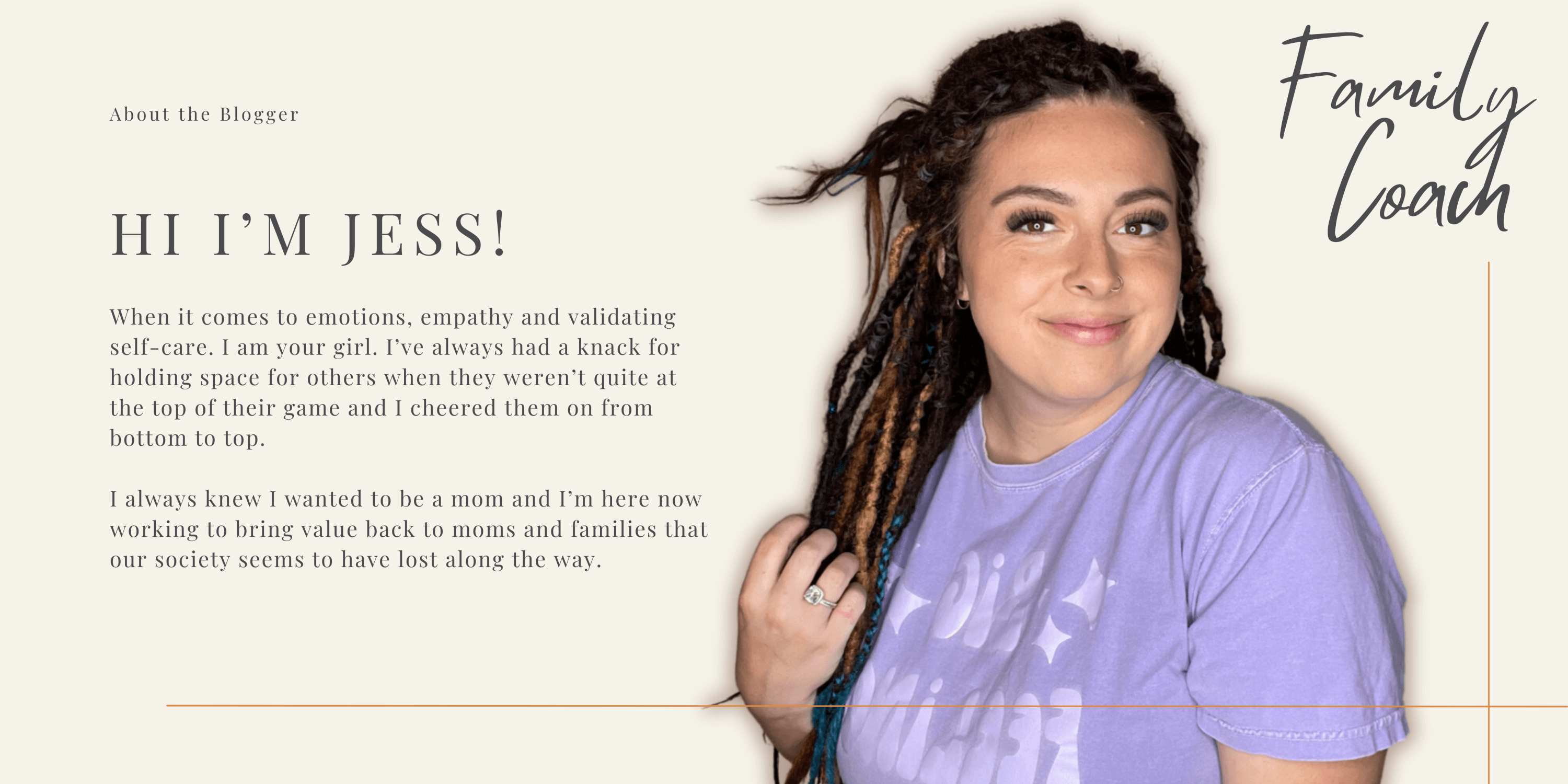
0 Comments